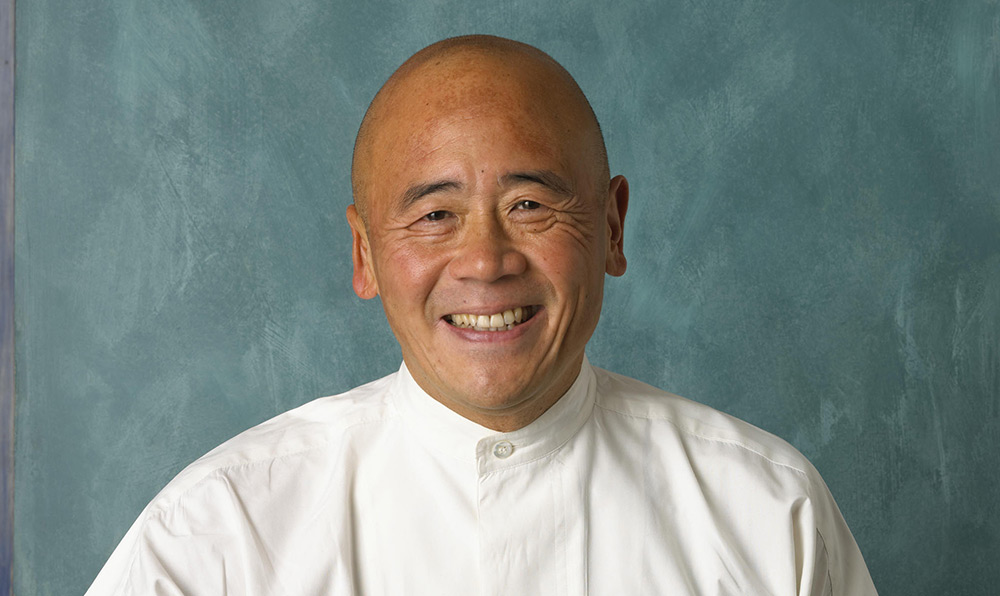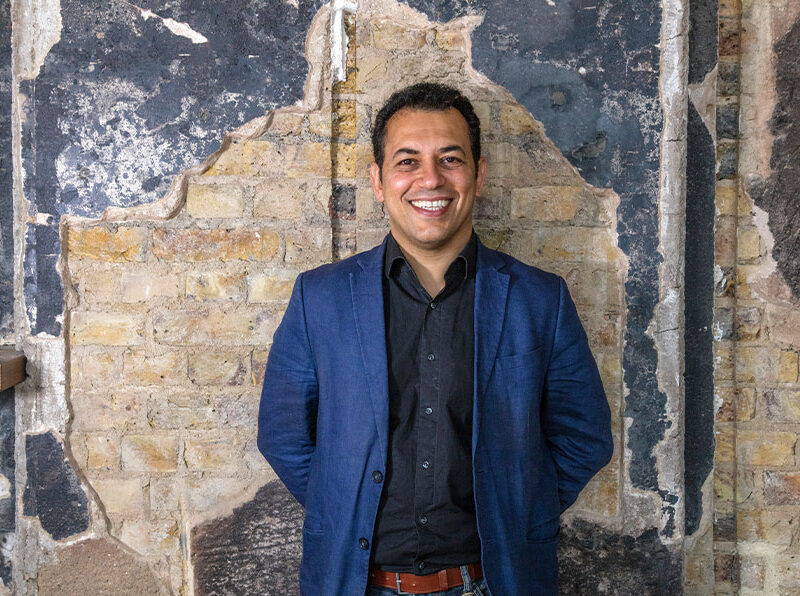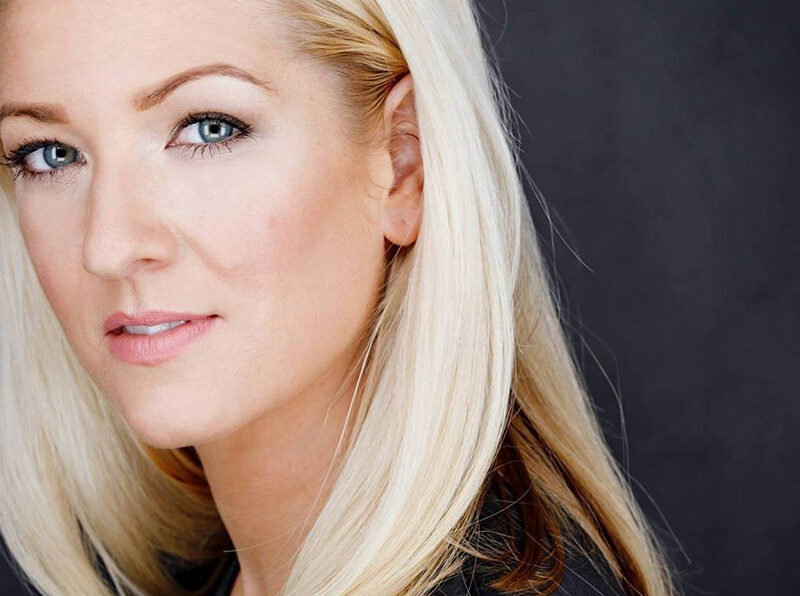
The Interview: Ken Hom
We catch up with Ken Hom to talk career highlights, foodie ventures, and what’s next for the international chef.
He may have sold in excess of one million cookbooks and fronted multiple TV shows, but a culinary career was by no means something international chef Ken Hom envisioned from a young age. “It was rather a situation where we were desperately poor and I needed cash,” Ken explains. Recalling being put to work in the hot kitchens for gruelling lengths of time from the age of 11, he describes the admiration he developed for those working in the industry – whilst quickly realising it wasn’t the career for him.
Ken explains it was the dire financial situation he found himself in whilst studying at the University of California that led to him picking up the pots and pans once again. He began teaching Italian cooking, before the class organiser enquired about his knowledge of Chinese cooking – “I could do that with my eyes closed,” was Ken’s response, and so began an unexpected career in an industry he had previously wanted to avoid at all costs.
Asking Ken to pick out the highlights of his career, he recalls the pleasure of designing a menu for high-altitude foodies with Cathay Pacific at a time when airline food left much to be desired. “I’ve cooked in almost every top, major hotel around the world [as well as] small, pop up restaurants,” he says. Ken is by no means boastful about his achievements. Such recollections are described nostalgically and fondly, as Ken says animatedly: “I think a lot of people realise, actually, what a fun career I’ve had!”
Something sure to be added to Ken’s long list of highlights is his recent partnership with The Gate restaurants, which saw him develop a special plant-based menu for discerning vegetarian and vegan diners, with dishes nodding to his heritage and passion for Asian cooking, including oriental ratatouille and Chinese five spice & chocolate mousse. It becomes clear Ken is passionate about food quality and the way our diets affect us. One of the issues Ken has concerning our relationship with food is that, “we don’t know where it comes from.” He recalls a lesson involving the dissection and preparation of a chicken in which, “the men went to the loo to puke… I said if you want to be a chef – you need to know!”.
The chef’s views on modern society’s relationship with food, in particular the sweet varieties, has been well documented over the years. “Sugar is a poison,” Ken remarks, as he explains how he doesn’t touch refined sugars and stays away from desserts himself. “Any sugar I have comes in the form of wine,” he smiles. Ken still enjoys meat occasionally, but is an advocate of an emphasis on fruit and vegetables, as is the norm in oriental cooking. Recommending Western dinner plates be filled with a ratio of 20% meat to 80% vegetables, Ken remembers, “Writing my first book in this country, the editor said, ‘My God, there’s very little meat here.’ Well, [I said] because we use meat to garnish our vegetables. It’s not the main.” With European and American cuisine often meat-centric, Ken believes a move into oriental ratios and portion sizes would be most beneficial to our increasingly overweight society. Despite still enjoying white meat, Ken is appreciative of veganism and its benefits, both to health and the environment – it seems creating vegan dishes as part of his latest partnership excited him, as he notes, “the thing about vegan food is that you have to make it as attractive as a meat dish, which means you’ve got to think about texture, flavour and taste just as much.”
With business interests and appearances in South America, Europe and Asia, Ken has an exceptionally hectic lifestyle. He appreciates modern living makes eating mindfully tricky, but insists a healthier lifestyle is achievable for everyone. As a busy, healthy 70-year-old, what would his advice be? Aside from food, he says, “I just make sure that I get plenty of sleep, because I find that sleeping just renews and recharges me.” In the kitchen however, he believes a return to traditional, oriental cooking is the way forward. Limiting our use of meat, in particular red meat, and becoming more connected to our food and its origins is all part of the mindful approach to eating Ken advocates.
“What’s next?” I ask. “I’m not doing any major projects,” he answers with a hint of relief. As he takes a backseat in the culinary department however, it’s clear he wants to use his platform to create positive change. “I’m increasing my charitable work for society,” he says, referring to the many organisations he works with, as well as the Lee Kum Kee Scholarship programme, which gives students the opportunity to visit an Asian city with a dedicated host. As an individual with Chinese heritage, who grew up in America before moving around Europe and beyond, it is clear multiculturalism is something Ken is passionate about, with the exchange of cultural practices offered through such programmes able to have a lasting effect on food, among other things – “these cultural exchanges are what define the world and I’m a real, firm believer in that.” he smiles.






